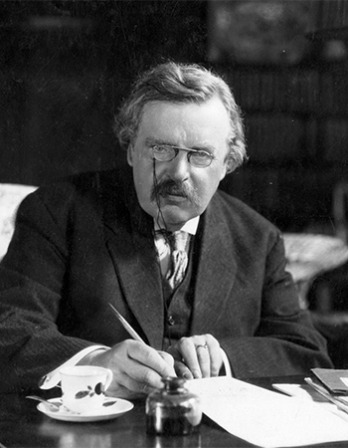It is impossible for the happiness of man to consist in fame or human glory. For glory is nothing else than “clear notoriety with praise,” as St. Augustine says. Now the thing known stands in different relations to divine and to human knowledge. Human knowledge is caused by the things known, but divine knowledge is the cause of the things known. Hence the perfection of human good, which is called happiness, cannot be caused by human knowledge or notoriety among men, but rather men’s knowledge of another man’s happiness proceeds from and is in a manner caused by that same happiness, either in its initial or in its perfect state. But the good of man depends upon the knowledge of God as upon its cause, and therefore upon the glory which is with God human happiness depends as upon its cause. It is further to be considered that human knowledge is liable to many deceptions, especially as to points of detail in such a matter as human acts, and therefore human glory is frequently fallacious. But because God cannot be deceived, the glory that is of Him is ever true; therefore it is said, “He is approved whom God commends.”
As for that good which comes of fame and glory in the knowledge of many, we say that if the knowledge be true, the good thereof must be derived from a previous good, existing in the man himself and so presupposes perfect happiness, or at least the commencement of it. But if the knowledge be a false impression, it is not in harmony with fact, and in the man celebrated and famous at that rate, no good is found.
From the Summa theologica. Foremost theologian of the Roman Catholic Church, Aquinas sought to complement faith with the recently rediscovered philosophy of Aristotle. He received his “license to teach” in 1256, joining the faculty at the University of Paris as a professor of theology, but he spent much of the 1260s in Italy serving the papacy. He was canonized in 1323, forty-nine years after his death.
Back to Issue





